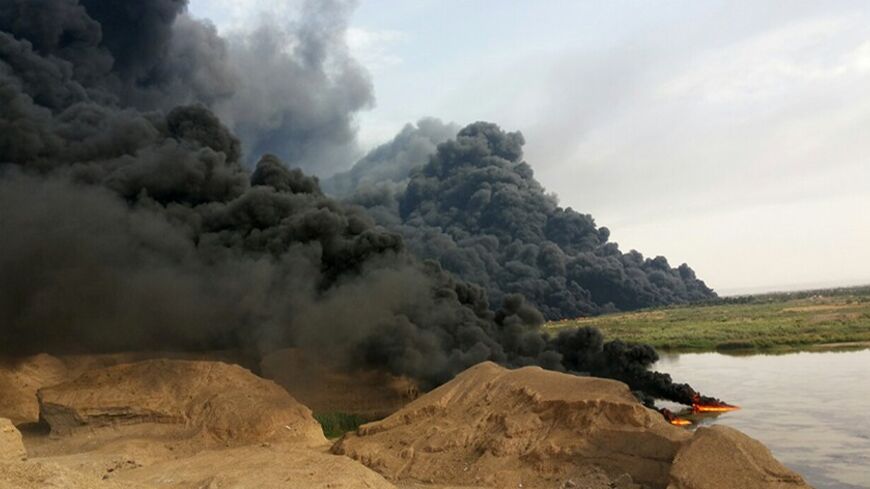The problems faced by Iraqi citizens are increasingly intensifying, as they continue to suffer from government mismanagement and violent terrorist groups that have become prevalent in all parts of the country. In the latest developments, the government and terrorist groups have been using water as a tool in the conflict. Ironically, Baghdad has been divided in two starting a few days ago: One part is suffering from water scarcity, while the other part is flooded.
The idea of a water war started in Anbar, where army operations gradually turned into irregular wars that were not decided in the favor of either side, given the length and type of the ongoing fighting there. Some of the leaders of the military operations in Anbar came up with this idea a month ago, when the army took control of the Haditha Dam (240 kilometers, or 150 miles, west of Baghdad) to flood the areas where the insurgents were present. This flooded some residential areas, while water has been cut off in other areas in Anbar.



